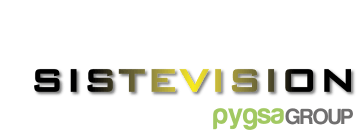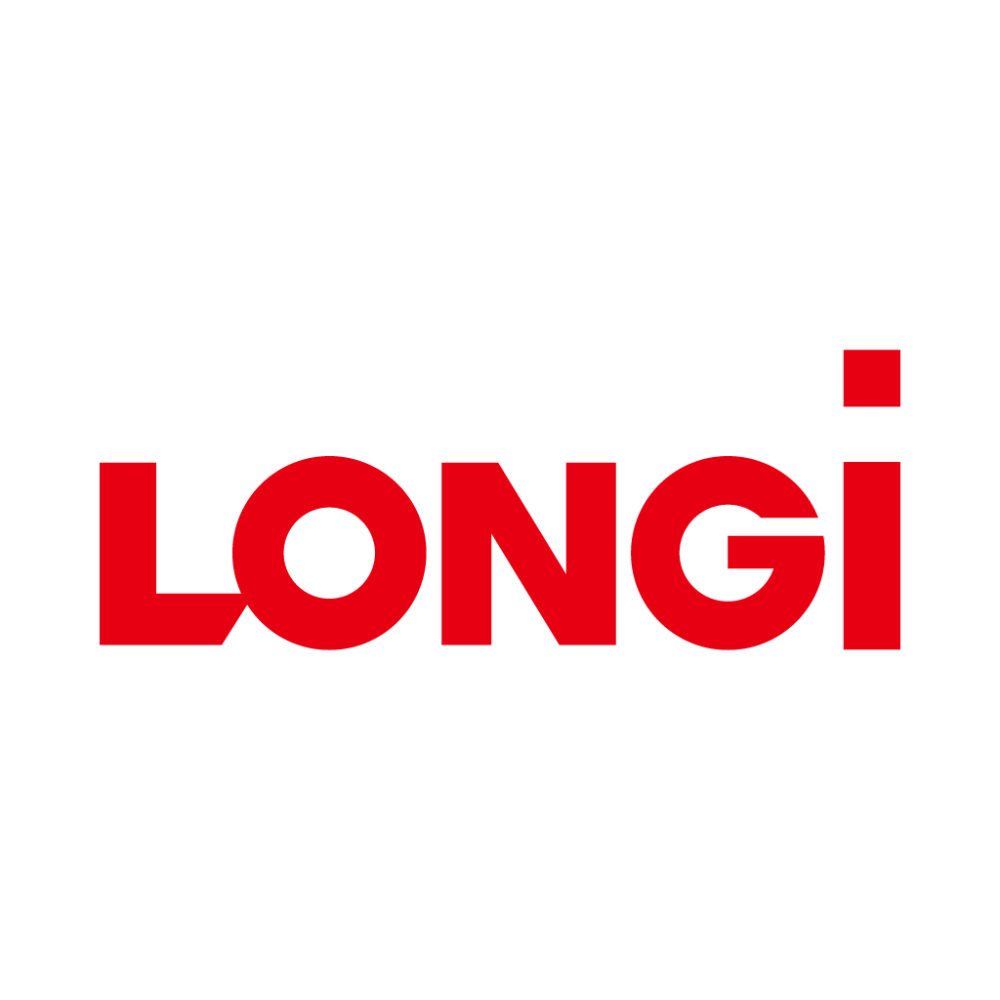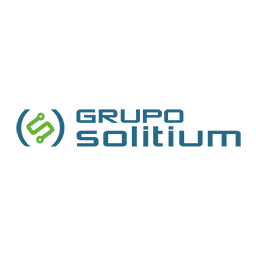Optimise your industrial process with this fast and economical alternative to traditional methods. With the ability to to produce complex and customised moulds in less time, you speed up production and reduce costs significantly.

They are used to shape materials, creating specific parts and components. Commonly used in processes such as plastic injection moulding, casting, casting and thermoforming. Ideal for mass production of identical parts such as plastic housings, metal components and silicone products.

They are support tools that facilitate and optimise manufacturing and assembly processes. They are used in a variety of operations such as clamping, assembly, positioning, inspection and finishing. They improve the precision, efficiency and quality of operations, adapting to the specific needs of each task.





Use 3D printed injection moulds, whether as support tools for manufacturing, assembly, clamping, measuring and control devices, short-run injection moulding or mass production of identical parts.


















The process of creating moulds using 3D printing is meticulous and requires several stages to ensure the quality and accuracy of the final product.
Send us your sketch or tell us your idea. If you don't have the design, gather information and we'll help you.
Within hours, you will receive a detailed design analysis and quotation with recommendations and pricing.
During the testing phase we work closely with you, allowing you to validate the mould, to ensure that it meets your expectations.
With the design finalised and refined through iterations, we start the small or large-scale production phase.
From assembly and part clamping to inspection and finishing, 3D printed moulds and tooling can be used in a variety of operations.
Enables the agile creation of prototypes and custom parts on desktop machines.
It facilitates the manufacture of customised components in small quantities.
Optimises processes on production lines for complex, high-precision components.
Improves efficiency in assembly and clamping operations.
It guarantees the quality of the products by means of precise inspection and finishing operations.
It enables industries to adapt quickly to market demands and remain competitive.
We offer a comprehensive service that covers the whole process. If you only have an idea, we start with the design phase, where we work hand in hand with you to understand your needs and requirements. Finally, we carry out large-scale 3D manufacturing, using advanced technology to produce all the necessary units with the same attention and quality.
Value what really matters: quality, speed and accessibility. Here, you will not deal with intermediaries; you will speak directly with our technical experts, from the receipt of your files to the production and shipment of your parts.
We are creators, not resellers. And we are proud to produce and manufacture everything in-house.
In the testing phase you can review and validate the prototype. And once we have the finalised design, we start the full-scale production phase to ensure that the result meets your expectations.
Improve efficiency and reduce costs with solutions tailored to your needs.
At Additium3D, we are committed to a comprehensive 3D printing service for moulds and toolingfrom conceptualisation to final delivery. For your convenience, you can order online through our website, where you can upload your design or idea and specify your preferences.
Request your quote today and find out how we can transform your industrial processes.

Tooling refers to the tools and devices required to perform manufacturing and assembly processes. Their importance in the efficiency of industrial production is undeniable.
This method allows the creation of customised tools, significantly reducing production times and increasing process accuracy.
The materials used to manufacture tooling must be durable and strong to withstand the demands of the industrial environment. 3D printing allows the use of a variety of materials suitable for different applications.
Machinery are the main equipment and devices that perform specific operations in production, such as presses, lathes or milling machines. Tooling, on the other hand, includes tools and support devices that optimise and facilitate the use of machinery, such as moulds, supports and guides.
A tooling material is any substance or component used to make tools and support devices in production processes. It may include plastics, metals, resins and specialised composites.
Tooling includes support tools such as moulds, jigs, fixtures, inspection tools, positioning equipment and any other device that facilitates and optimises manufacturing and assembly operations.
There are several types of moulds, each with a specific purpose:
The tooling account includes all expenses related to the purchase, maintenance and manufacture of tools and support devices used in production processes.
In the kitchen, utensils refer to the utensils and equipment necessary for the preparation and cooking of food. This includes knives, cutting boards, pots, pans, frying pans and other devices that facilitate work in the kitchen.
In production processes, tooling includes any tool or device that helps to perform specific tasks more accurately and efficiently. This can range from moulds and jigs to fixtures and inspection equipment.
Machinery performs the main manufacturing operations, while tooling provides support for these operations, improving accuracy and efficiency. Machinery includes equipment such as presses and milling machines, while tooling comprises tools such as moulds and jigs.

3D parts design and manufacturing company

GALAXIO N-MECHANIK, S.L. has received a grant co-financed by the AVI and the European Regional Development Fund (Feder) in the programme Business Value Chain Strengthening, from Budget Line S1010 (20240000009), INNCAD/2024/57 file within the aid for the strengthening and development of the Valencian Innovation System for the improvement of the productive model for the financial years 2024 to 2026.
Main objective:


Galaxio N-Mechanik S.L. has received a grant of €18,517.65 from the Regional Ministry of Innovation, Industry, Trade and Tourism. in support of the INPYME/2024/950 project within the 2024 call for subsidies to support productive investments made by SMEs in various industrial sectors in the Valencia Region.
An advisor will contact you as soon as possible. Don't hesitate to follow us on our social networks!